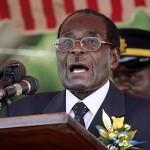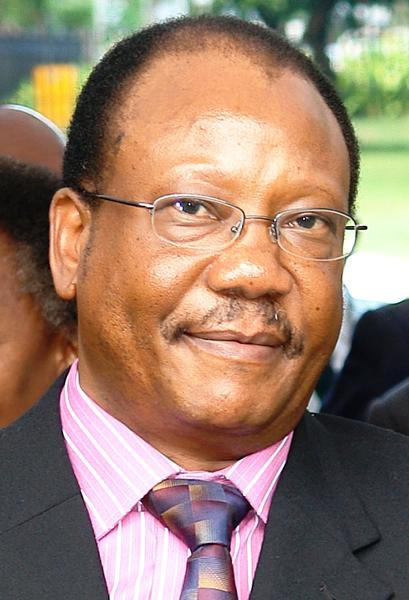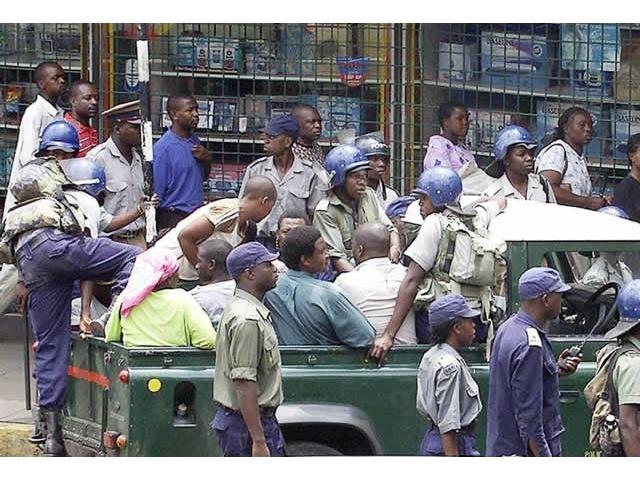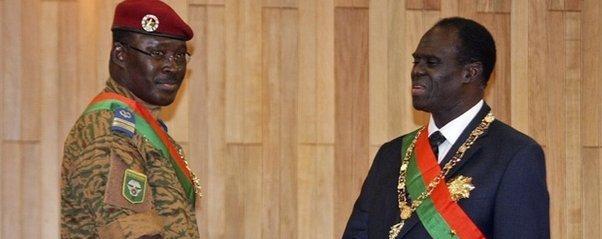Zimbabwe’s Inclusive Government’s Disconnect with the People : “Some of us must remain to be with the People” – by Takura Zhangazha
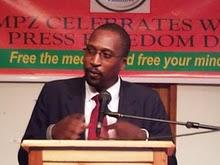
In traveling across the greater parts of Zimbabwe, one is struck by the “˜life goes on’ way of existence of many of the country’s citizens. From the small rural shopping center (Birchenough Bridge), to the still sleepy iron ore mining city (Kwekwe) and the welcoming second largest city (Bulawayo), there is a somewhat evident lack of urgency about anything, except perhaps for processes related to the search for the next dollar. But even these processes such as the selling of “˜airtime juice-cards’ or the running battles between municipal police and vegetable vendors are now increasingly run of the mill life routines with no questions asked and no alternative or better solutions proffered.
In the “˜transit’ city of Masvingo there is an acceptance that electricity will not be available routinely every evening except perhaps for Fridays while in the newly re-termed “˜diamond city’ of Mutare there is the resignatory acceptance of the truth that the diamond boom is over for ordinary citizens, if it ever really existed. In all of these cities and other smaller settlements, when one talks to comrades and colleagues, there is testimony to the fact that “˜life is tough here’ with some comrades talking with resignation about heading back to the rural areas since city or town life is not offering them a better life.
Other colleagues who, having dabbled in politics in the last ten years and having waited with great anticipation for new jobs, better social lifestyles and social services express their dismay and powerlessness with our current political leaders, particularly those who had offered hope. Colleagues from rural areas that are close to the highways ask if their members of parliament and councillors are aware that a borehole utilized by hundreds of families and their livestock for water has not been functioning for over half a year now while at the same time they talk about plans to dig new wells for themselves because there is no hope from government anytime soon.
All of these conversations and observations can be considered abstract except that these issues are about peoples lives and how they are shaping their opinion on the nature of their society, state and the inclusive government’s performance. Indeed there are political loyalties that inform the perspectives I encountered.
Most of the fellow and sister citizens I interacted with are arguing that perhaps the inclusive government is burdened by its ambiguity and that the latter can be attributed to Zanu Pf’s refusal to let go of power. Others argue that it is now difficult to tell the difference between the political parties in the inclusive government. They argue that those that claimed to be about bringing “˜change’ are no longer practicing what they have been preaching. The examples given to prove the change of focus of the “˜change leaders’ include the issue of the purchase of expensive vehicles for ministers and members of parliament while they are announcing to all and sundry that the country is broke.
And there are others who are arguing that there has been too much focus on partisan politics to the detriment of the livelihoods of ordinary people. Everything, they argue, is viewed within the prism of which party one belongs to and therefore all sense of objective attendance to people’s grievances are lost in the conundrum of political partisanship.
In all of these perspectives from a limited audience, what is evident is an increasing disconnect of the inclusive government with the lives of the country’s citizens. While many accept the reality of the rivalry between President Mugabe and Prime Minister Tsvangirai, they however do not see the sa me in relation to political principles or values. Instead they see the rivalry as just that, two bulls in a kraal and d epending on what each bull can offer in return, their most solid supporters are those that are in proximity to one gravy train or the other. Further to this, the government’s short term strategic plans have been more on paper than they have been evident in the public domain. The most effective government policy document has been the annual budget presented to parliament by the Finance Minister and of late this has caused a lot of anxiety amongst the informal traders due to the introduction of tariffs on the importation of basic commodities. In education, health and transport, there has been little to show by the government except for their outsourcing of these services to international NGOs.
All of this being particularly symbolized by the purchase of luxury vehicles, the lack of an adequate public explanation of the usage of toll gate revenue and the medical treatment of government officials in foreign hospitals.
This is not to say we are expecting the inclusive government to perform miracles. It must however at least show a commitment to bettering the lives of the people of Zimbabwe before seeking to better the lives of its officials. It must also demonstrate the necessary understanding of the hardships people are facing in their day to day lives beyond the rhetoric of its medium term “˜strategic plans’. That would entail re-thinking its policies on education, health, transport and employment creation as well as a demonstration of full commitment to ensuring the enjoyment of the political freedoms in our bill of rights by all citizens. Where it fails to do so, our politics will remain without evident public value except to wrongly teach younger generations that one gets into politics for self aggrandizement. As for me, I will abide by the famous late national hero Maurice Nyagumbo’s quotation from his autobiography, With the People; “some of us must remain to be with the people”.
Takura Zhangazha is the Executive Director of the Voluntary Media Council of Zimbabwe (VMCZ)






